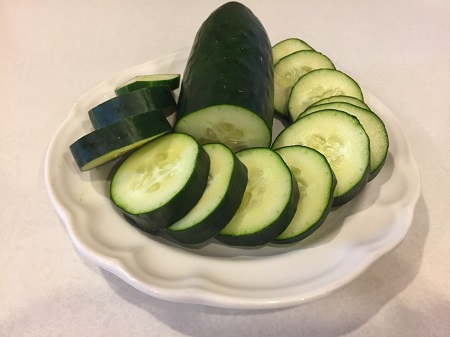Keep Your Hair On
 Have you ever been in a windstorm where you felt like your hair was lifting off your head? If you wear a wig, the results can be disastrous and hilarious. You want to keep your hair on. Therefore, you hope the wind calms so your hair can do the same.
Have you ever been in a windstorm where you felt like your hair was lifting off your head? If you wear a wig, the results can be disastrous and hilarious. You want to keep your hair on. Therefore, you hope the wind calms so your hair can do the same.
To keep your hair on means to stay calm.
People say this if you are:
- Angry
- Upset
- Impatient
- Fit to be tied
They often say it as an order. They want you to get a grip.
You hear this expression primarily in the UK.
An American equivalent is to keep your shirt on. Both expressions caution you to regain control.
Keeping your hair on helps you be your best self.
Remaining calm and patient leads to a better:
- Attitude
- Blood pressure
- Relationship with others
I pray you stay settled and at peace.
“I have calmed and quieted myself” (Psalm 131:2 NIV).
Thanks to Victor S E Moubarak for the suggestion. Image by Petra from Pixabay.
Do you have an expression you want explained or a thought about this one? If so, please comment below.
Subscribe to receive my weekly posts by email and receive a free copy of “Words of Hope for Days that Hurt.”
If you enjoyed this post, please share it with your friends.




 Some people stay cool as a cucumber.
Some people stay cool as a cucumber. Most of us have occasional fit-to-be-tied moments. We become:
Most of us have occasional fit-to-be-tied moments. We become: “Dry your tears. There is no need to cry over spilled milk.”
“Dry your tears. There is no need to cry over spilled milk.”